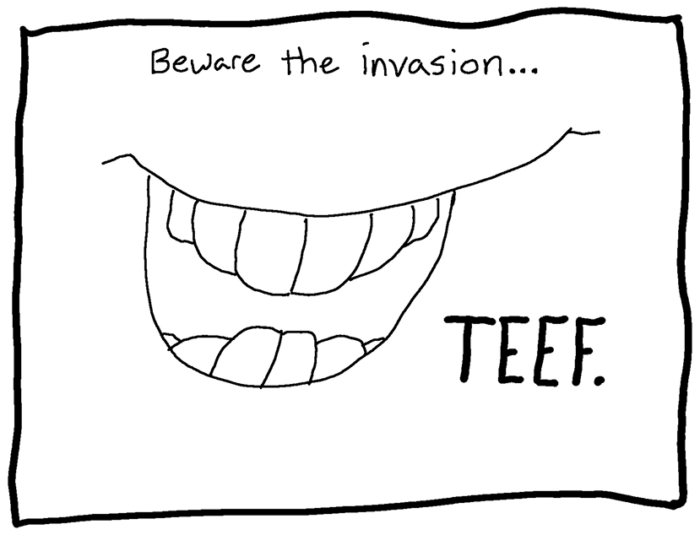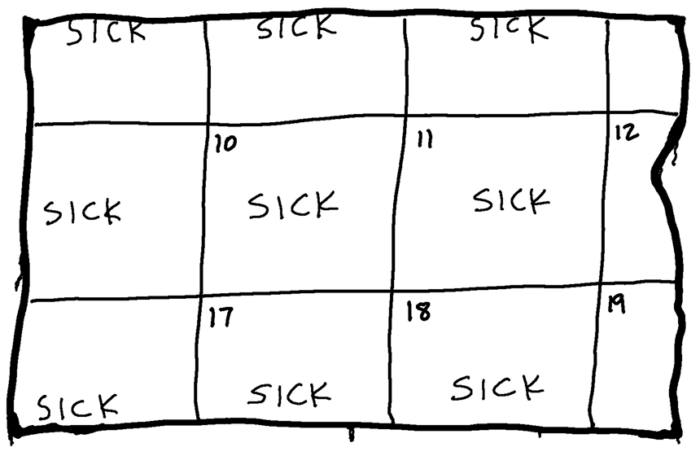
I woke up this morning feeling so well rested and, I suppose, not horrible that I had to wonder if we don’t always take for granted what life is like when you’re not sick. Maybe we do and maybe we don’t, but getting over the flu makes me feel like a whole new person. I’m a person who can breathe easily through his nose, a person who doesn’t always feel like vomiting, and a person whose butt is no longer squirrely.
I just got an email that my department head has also joined the ranks of the flu-ridden. This virus is wafting through our school like a plume of teenage vape.
No one is safe from supernova bubblegum. (Or whatever vape flavor the kids are into. It may very well be “hurricane bubble wrap” or “apathy.”)

I thought I’d share a video I found of one of the characters in The Travels of Marco Polo: Prester John.
I got to a chapter in Travels that sees Polo discuss a great war between Genghis Khan and “the ruler of a great Christian empire” named Prester John. I’d never heard of the guy, and I was a little shocked to hear that there was a Christian empire somewhere in Asia during the 13th century. So, I did a little searching to see what was the what. Who is Prester John and why did he cause Genghis so much trouble?
Turns out, the guy is a total myth. Not only Prester John, but his whole Christian empire. The “great battle” Polo describes is a complete fantasy and grounded in just about as much truth as the stories of Paul Bunyan.
(Well. Maybe.)
Here’s a video that talks about how the legend of Prester John came about and how it had some broad cultural impact:
Makes you feel a little … inadequate, doesn’t it?
I mean, this guy fought the Mongol empire and he doesn’t even exist. So what’s your excuse?

